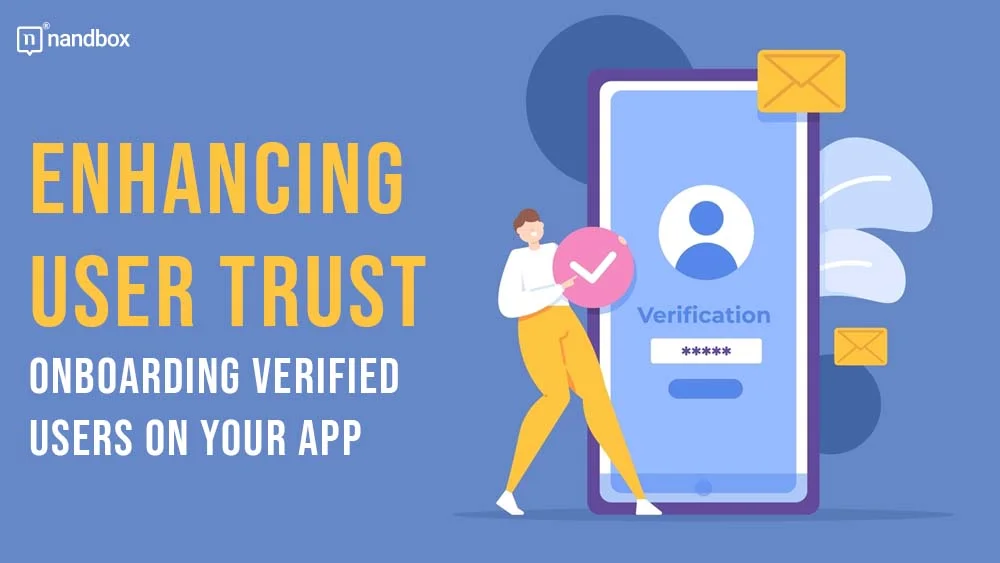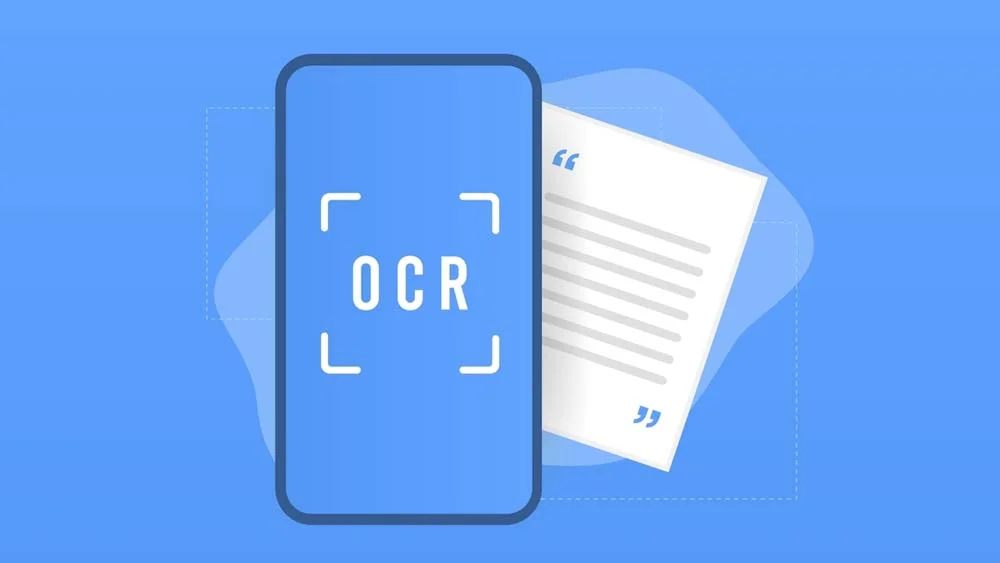Enhancing User Trust: Onboarding Verified Users on Your App
In the post-COVID era, digital apps have become our go-to for everything. This makes digital onboarding the new norm. Businesses can now verify users proactively with the help of digital identity verification. But the problem is that the digital boom has led to a concerning 52% increase in synthetic identity fraud in 2023 compared to 2022. This causes reputational damage and financial losses for the businesses. Therefore, advanced AI technologies to authenticate users are more essential than ever.
Understanding Digital Identity Verification
Identity verification is essential to ensuring that the person is someone they claim to be.
In various sectors, compliance with regulations is essential to maintaining trust and security. For example, For the financial industry in the USA, regulations like Know Your Customer (KYC) and Anti-Money Laundering (AML) are mandated for institutions to onboard customers. This is where identity verification plays a crucial role. Identity verification helps companies stay compliant. By staying compliant, we can prevent fraudsters from onboarding and avoid penalties.
Here’s how it works:
- The first step in digital identity verification is collecting the personal information from the user. The information collected includes name, date of birth, address, and government-issued ID cards.
- In the next step, the information is cross-verified against any reliable source.
- Together with the verification, businesses can carry out a risk assessment to determine the possible risk posed by the customer
- This helps the business determine whether to approve or deny the customer’s request for a service or product.
Thus, digital identity verification builds trust among users. It ensures a smooth user `experience by avoiding delays and errors.
Benefits of Using Digital Identity Verification
Prevention of fraudulent activities: At the point of account creation and onboarding, we can implement identity verification. This helps prevent the fraudulent use of personal information for products or services. As a result, it contributes to the company’s revenue while also improving the customer experience.
Staying compliant with the regulations: KYC and AML need identity verification. These regulations prevent terrorist funding and money laundering. Complying with these rules safeguards businesses from legal penalties, fines, and reputational loss.
Improved customer experience: Simplifying the customer onboarding process improves customer experience. This is now made possible by automating the identity verification process. For example, digital document processing eliminates the need for manual data entry. This, in turn, helps to lower friction in the onboarding process. It also facilitates consumers’ access to services.
Improved efficiency: Businesses may save time and costs by automating the identity verification process for their customers. This can assist in saving operational expenses while increasing efficiency and scalability.
Who Needs Identity Verification?
Financial institutions: The financial sector relies on identity verification solutions to combat money laundering, terrorist financing, and other illicit activities while adhering to regulatory standards. The KYC process, necessary for procedures like opening bank accounts or applying for credit cards and loans, is now made easier with identity verification.
Insurance: Insurance agencies need identity verification to verify the identities of the policyholders and beneficiaries. This helps in reducing fraudulent claims and preventing financial losses. It also helps to stay compliant with regulations like KYC and AML.
Gaming: The gaming sector requires identity verification in several instances. They use identity verification for age verification. This helps to keep the children away from mature content and in-game purchases. If the gaming platform is for online gambling or prize-based competitions, it needs to follow regulatory standards. It also helps to ensure that the real-money gaming apps don’t onboard fraudulent users. Thus, identity verification helps gaming businesses stay compliant and prevent fraud.
Education: Identity verification is becoming more and more necessary in the education sector due to e-learning. Digital identity authentication enables remote student enrollment. The ed-tech companies can verify learners’ identities to make sure they give certifications and course credentials to the right individual. It can also help to ensure the smooth conduct of the remote examination procedure.
Logistics and e-commerce: Identity verification helps in driver or delivery partner onboarding. Automation of the onboarding process saves a significant amount of money and time. This helps in preventing fraud and identifying bad actors.
The Power of Advanced Technology in Identity Verification
Choosing the right AI solutions helps the business make the identity verification process easier. The following is a list of advanced AI systems that provide frictionless identity verification:
OCR technology
Machines can read and extract data from handwritten text, image files, and scanned documents with the help of OCR technology. OCR technologies transform characters into computer-processable digital codes. This helps in digitizing the ID card and document verification process. As a result, manual data entry is no longer necessary, which improves speed and accuracy.
Biometric authentication
Biometrics measures and examines distinctive behavioral or physical traits to identify and validate people. These traits may include typing rhythms, facial features, iris and fingerprint patterns, and speech patterns. Some examples of specialized devices that can capture biometric data are fingerprint scanners, facial recognition cameras, or voice recognition systems. Biometrics is a safe way to verify an individual’s identity because they are almost impossible to duplicate. Moreover, biometric authentication eliminates the need for passwords or PINs. Thus, it offers a smooth and convenient user experience.
Liveness checks
Liveness detection helps in verifying that the individual completing the verification process is indeed a real person present at that time. It also ensures that the collected biometric information is not a fake, fraudulent copy, or a ‘picture of a picture’.
Pro Tips to Onboard Verified Users for Your Mobile Apps
Employ a Reliable Identity Verification Solution
An identity verification solution driven by artificial intelligence (AI) can assist in user identity verification through automated procedures. This helps in reducing errors, time, and cost. Businesses verify identities by cross-referencing data across multiple databases. This strategy makes it more difficult for criminals to carry out fraudulent activities.
Ensure a Good User Experience and Reduce Friction
Retaining users requires designing your authentication procedure to be as simple and secure as possible. This entails simple instructions, speedy processing, a few steps required for verification, and fallback options for when there are network or server delays.
Employ Risk Assessment and Screening while Onboarding
Businesses should perform risk monitoring and business verification in addition to customer identity verification. This will help them to make sure they are not involved in any illegal or high-risk activities. This can assist in reducing any dangers for the company and its clients. Utilizing an Identity Verification Platform can streamline these processes, ensuring comprehensive and accurate verification while maintaining compliance with regulatory requirements.
Conclusion
Thus, digital identity verification has become important in various sectors around the world. Identity verification helps ensure that the information provided by the user is true. Its goal is to recognize and stop dangers related to non-compliance and fraud. Employing a reliable identity verification solution shows that the company is serious about safeguarding the sensitive information of the customer. Thus, this builds trust between businesses and customers. So, what are you waiting for? Employ a reliable identity verification solution to onboard verified users now!





